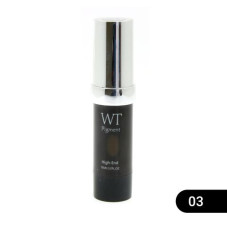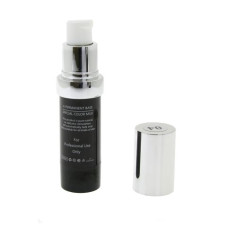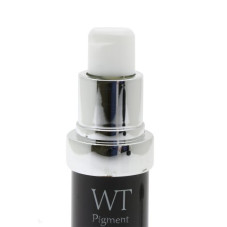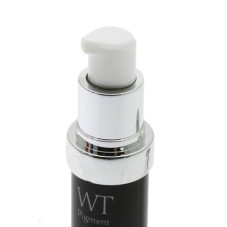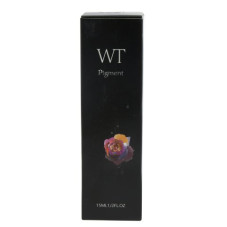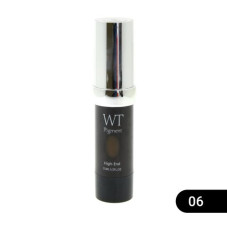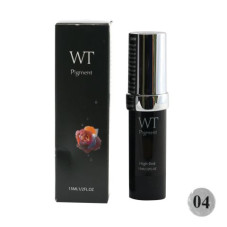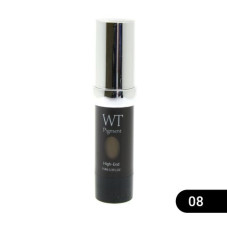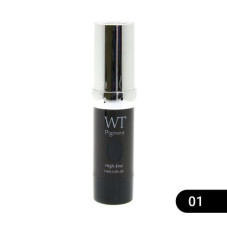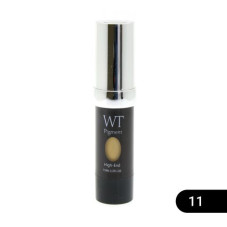Pigment in Make-up and Permanent Make-up
Pigment is an essential element of make-up, and is widely used in the beauty industry. It is responsible for the color and hue of a make-up product. In the case of permanent make-up, pigment is injected into the skin in order to provide long-lasting enhancement to facial features. In this article, we will discuss the various aspects of pigment as it relates to make-up and permanent make-up.
What is Pigment?
Pigment is a substance that gives color or hue to something. It is also referred to as colorant, dye, or stain. Pigments are used to add color to cosmetics and personal care products, such as lipstick, eyeshadow, and blush. They are derived from natural sources, such as minerals, plants, and animals, or from synthetic sources, such as chemicals.
Types of Pigments
There are two types of pigments used in make-up and permanent make-up. Organic pigments are derived from natural sources, such as plants and minerals, while inorganic pigments are synthetic and are made from chemicals. Organic pigments tend to fade more easily than inorganic pigments, which is why most permanent make-up artists prefer to use inorganic pigments.
Color Theory
Understanding color theory is essential when it comes to choosing the right pigment for make-up and permanent make-up. The color wheel is a useful tool in determining which colors complement each other and which do not. Pigments that are close to each other on the color wheel are called analogous colors, while those that are opposite each other are called complementary colors. Complementary colors can be used to neutralize or cancel out other colors.
Pigments in Permanent Make-up
Permanent make-up, also known as micropigmentation or cosmetic tattooing, is a form of tattooing in which pigment is injected into the skin to enhance facial features such as eyebrows, eyeliner, and lip color. The pigment used in permanent make-up must be FDA-approved and meet strict health and safety standards. Most permanent make-up artists use inorganic pigments, which provide long-lasting results and do not fade as easily as organic pigments.
In conclusion, pigment is a crucial component of make-up and permanent make-up. It is responsible for the color and hue of make-up products, and plays an important role in enhancing facial features. Understanding the different types of pigments and color theory is essential in choosing the right pigment for the desired look. For those considering permanent make-up, it is important to work with a professional artist who uses FDA-approved pigments and follows strict health and safety standards.





